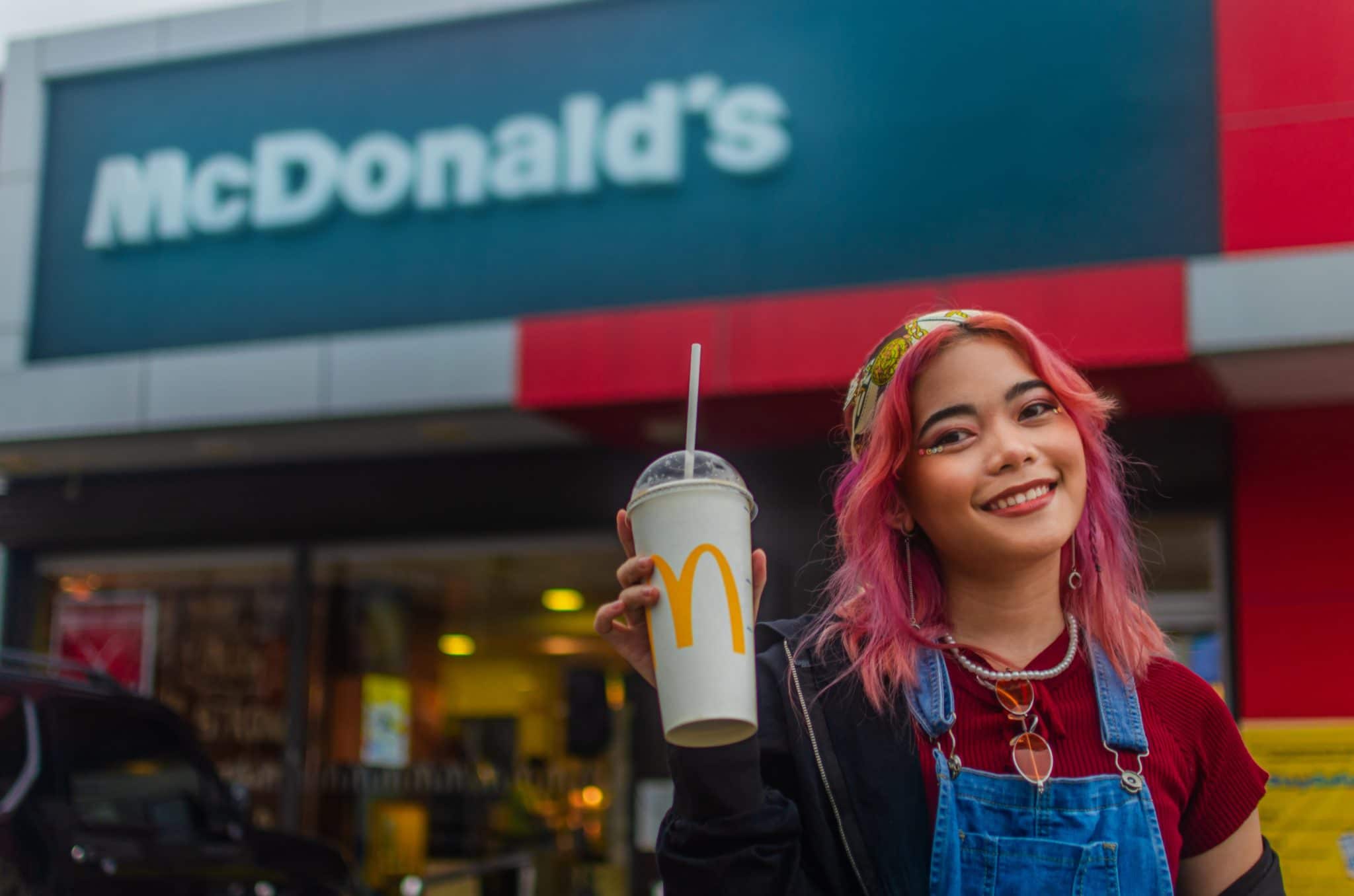The past year reshaped everything about our lives, including how we live, work, and eat. Different brands from across all industries were forced to design new ways of reaching their now home-based customers. Interestingly, some fast food restaurant chains are finding answers in loyalty programmes.
Cheetah Digital takes a comprehensive look at why Burger King and McDonald’s restarted their loyalty programmes.
Understanding Burger King and McDonald’s loyalty programmes
Burger King launched Royal Perks while McDonald’s introduced MyMcDonald’s Rewards as their official loyalty programme in early February. Customers get to earn points every time they spend a dollar at one of their establishments. You can then redeem the acquired points for specific menu items or upgrade side dishes and drinks. Both programmes are available once you install the individual brand’s free app and sign up.
Burger King’s Royal Perks is currently in the initial trial stages in Miami, Long Island, New Jersey, Los Angeles, and New York City markets. However, they have plans to expand to larger markets by the end of the year.
MyMcDonald’s Rewards is undergoing testing in Nevada, Arizona, the New England area, and parts of Germany. However, the company already has a functional reward programme in China and France. The huge number of active users in the US (20 million according to McDonald’s first-quarter 2021 earnings) makes it possible to push the rewards programme. Although the report did not reveal the loyalty programme users, the company plans to expand its boundaries in the US at the end of the year.
The pandemic made it clear to consumers that mobile ordering is the future of dining. Its convenience ensures customers get instant gratification without having to leave the comfort of their homes. However, it also opened up a direct link between consumers and brands. Consumers became more likely to join loyalty programmes due to the shift in contactless payment and online ordering.
Three key reasons why Burger King and McDonald’s restarted their loyalty programmes
Certain fast food brands started investing in reward programmes over a decade ago. Starbucks, for example, launched its My Starbucks Rewards back in 2009. Within the past three months, the company has reported purchases from 23 million reward members. Starbucks’ second-quarter earnings show that 52 per cent of total US sales link back to these loyalty members.
Could this be the reason why McDonald’s and Burger King decided to restart their loyalty programmes? Or could it be due to customer demand? Well, let us take a look at the three critical reasons McDonald’s and Burger King restarted their loyalty programmes.
1. Collect first- and zero-party data
Both Royal Perks and MyMcDonald’s Rewards are available only in mobile apps. Therefore, consumers have no choice but to provide postcodes, names, and email addresses to receive any perks. The data makes it possible for McDonald’s and Burger King to offer off-hours perks, special menu items, and one-tap reordering.
McDonald’s has been turning to trend analytics to help them understand what is happening in individual restaurants, thus they can identify best practices. The loyalty programmes allow them to achieve a data-driven culture to improve their food chain. This first- and zero-party data also lets them know to prepare early for spikes in demand and improve efficiency.
2. Retain customers
Customers have become accustomed to getting a reward when they visit a bar or restaurant. Fast-food chains, therefore, have to keep up with this emerging trend. Doing this is especially vital during this period because restaurants will have to win back customers when the pandemic is over.
These loyalty programmes ensure you can succeed in the industry by reinforcing brand loyalty among your frequent customers. According to Elle Kross, Movable Ink’s director of strategy for hospitality and food services, loyalty programmes have become the “chicken sandwich” everyone wants since last year. Therefore, it’s only fair for McDonald’s and Burger King to give consumers what they want.
3. Boost sales
Loyalty programmes work by frequently rewarding engaged consumers. The more they purchase your product, the more they reap rewards. Therefore, you generate more sales since consumers have to buy to get points. You also get to attract more customers who aren’t loyal to a particular product or brand.
According to Joshua Kobza, Restaurant Brands International’s Chief Operating Officer (Burger King’s Parent Company), having a direct link to consumers gives brands the ultimate advertising tool. He goes further to explain that they leverage these channels to communicate to customers at little-to-no cost. Therefore, it is an effective and efficient way of marketing your goods and services.


